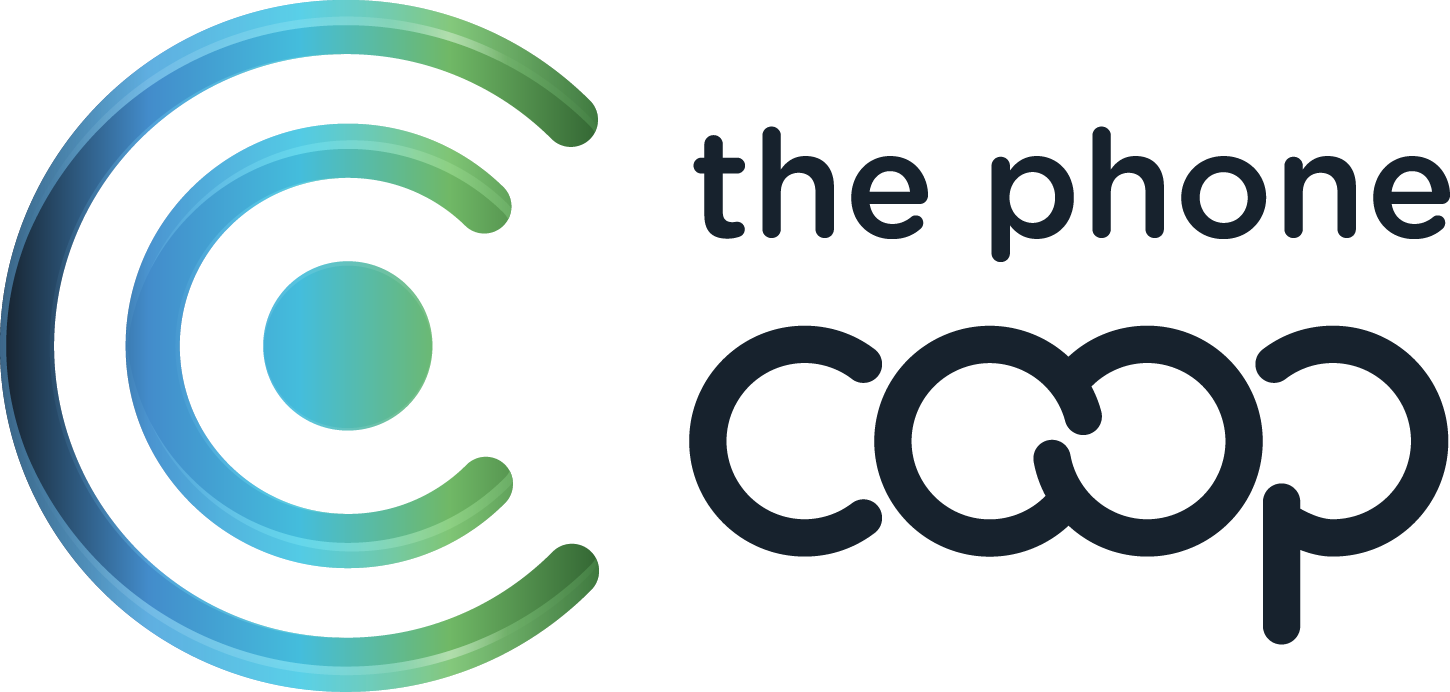Co-operatives have an opportunity to be innovative leaders in corporate social responsibility (CSR).
Over the past year, a spotlight has been shone on issues that should be of concern to co-operatives, providing the impetus to once again break new ground in corporate social responsibility (CSR).
As recession and austerity gave rise to the CSR issues of fair tax and a living wage, today, fake news, post-truth politics and an increase in xenophobia and racism are setting the scene for another big emerging CSR issue: ethical advertising.
True to its values, the co-operative movement has played a vital role in the Fair Tax campaign in recent years. It should now do the same thing for the Stop Funding Hate campaign, which is calling on advertisers to avoid the Daily Mail, Daily Express and The Sun; three publications specifically criticised by the United Nations.
Related: Stop Funding Hate steps up campaign on Co-op Group advertising
The need for action in the UK is great, with the UN High Commissioner for Human Rights, Zeid Ra’ad Al Hussein, stating: “Asylum seekers and migrants have, day after day, for years on end, been linked to rape, murder, diseases, theft, and almost every conceivable crime and misdemeanour imaginable … Many of these stories have been grossly distorted and some have been outright fabrications.”

He goes on to warn: “History has shown us time and again the dangers of demonising foreigners and minorities … it is extraordinary and deeply shameful to see these types of tactics being used … simply because racism and xenophobia are so easy to arouse in order to sell newspapers.”
Last year, the Daily Mail and Daily Express printed 1,768 pages that included a story on immigration, the vast majority negative. That’s an average of three per issue for the Daily Mail, two for the Daily Express and one for The Sun.
Miqdaad Versi of the Muslim Council of Britain, started challenging inaccurate stories about Muslims last November and by January alone had secured 20 significant corrections, including forcing The Sun to admit that its front page “one in five British Muslims’ sympathy for jihadis” was “significantly misleading”. Experts from the University of Cambridge and University of Leicester have found such reporting is leading to increased hostility against Muslims.
There has been a groundswell of public support for action and leadership on ethical advertising. Stop Funding Hate already has hundreds of thousands of social media followers and its video views number in the millions, including over 600,000 for one aimed at the Co-operative Group, which advertises with the Daily Express and Daily Mail. A letter signed by 365 members of the Co-operative Group shows the appetite for co-operative leadership.
This comes at an opportune moment for the Co-op Group, which is currently undertaking a review of its policies via its ‘Co-op Way Committee’. The Co-op is a pioneer of CSR and business ethics, whether product related, like fair trade and animal testing, or business function related, such as clean energy procurement and fair tax. The situation now calls for ethical advertising procurement – a continuation of ‘the Co-op Way’.
Today though, the Group has pre-empted its ‘Co-op Way’ review with the publication of an ‘update on our advertising policy’ and frankly I find it disappointing. There is a very welcome suspension of advertising with YouTube until the Group is “satisfied that our digital advertising will only ever appear next to appropriate content” but nothing comparable for the Daily Mail, Daily Express and The Sun. But rather than pulling its frequent advertising with these publications, it has committed to engage and challenge them on coverage “which we and many of our members believe are incompatible with our values”.
I hope the Co-op Group appreciates what this commitment means. It means disclosing how it is challenging these publications and their responses. It means disclosing how effective its engagement has been and how it is changing behaviour. It means having an escalation process and a commitment to walk away if engagement fails.
The commitment to look at using advertising in these publications in support of issues like fair trade in developing countries is of little consequence when those adverts sit alongside and fund stories that amount to xenophobia and racism. Does the Group realise it is opening itself up to be constantly asked “what are you going to do about story x?” and to criticism when nothing changes?

The Group (and all other co-operatives) should take the opportunity to just walk away and stop advertising in publications that promote hate and division, or to put it another way – to align advertising procurement with the co-op ethics, values and principles.
The Phone Co-op was one of the first to rule out advertising in these publications, which was promoted by Stop Funding Hate in a social media campaign urging fellow communications companies Tesco Mobile, Virgin Mobile and Vodafone to #BeLikePhoneCoop.
Co-operatives believe in the ethical values of honesty, social responsibility and caring for others, which are incompatible with enabling irresponsible and divisive journalism via advertising revenue. The 7th co-op principle of concern for community requires a response; the constant stream of “grossly distorted” stories and “outright fabrications” about immigrants, refugees, Muslims, and other groups is extremely damaging to community cohesion.
The adoption of ethical advertising is an opportunity for the whole co-operative movement to be seen to be leading the way again on a key emerging CSR issue, and to show the superiority of the co-operative model in being able to respond quickly to today’s societal challenges. Ultimately though, co-operatives should take action because to fund the promotion of hate and division is to hobble co-operation.

